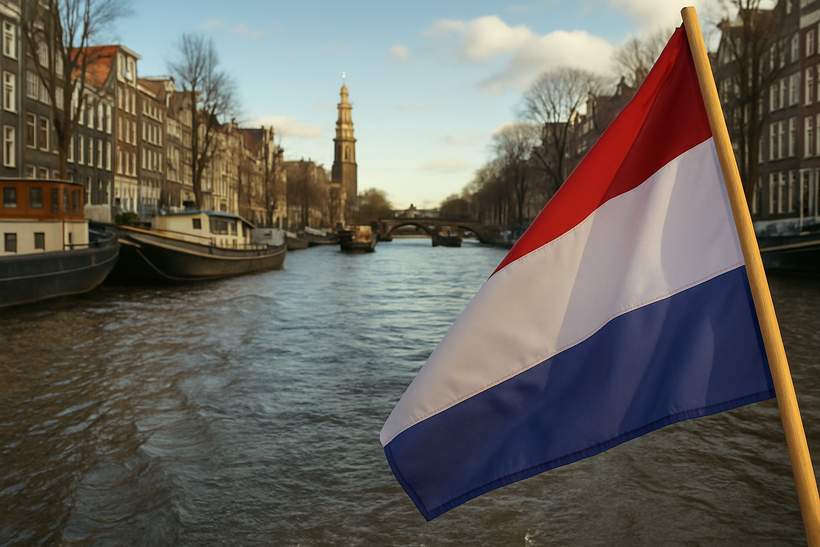Dutch Gambling Tax Rise Leads to €200M Revenue Shortfall

Record Gambling Tax Revenue and Unexpected Shortfall
At the end of March, Statistics Netherlands announced a record €1 billion in gambling tax revenue for 2024. However, a tax increase implemented in January, raising the gambling tax from 30.5% to 34.2%, appears to have had unintended consequences. Instead of increasing revenue, the government now faces an estimated shortfall of €200 million.
Significant Drop in Gross Gaming Revenue in Early 2025
Data from the Dutch trade organization VNLOK, reported by Financieele Dagblad, indicates that gross gaming revenue (GGR) for the first half of 2025 is expected to fall by 25% compared to the same period last year. Consequently, total tax revenue from gambling is projected to decline to just 83% of the amount collected in the first six months of 2024.
The Ministry of Finance had anticipated generating an additional €200 million annually through gambling taxes up until 2028. However, the Dutch gambling regulator, Kansspelautoriteit (KSA), is set to confirm in an upcoming tax impact assessment that this revenue goal is unlikely to be achieved. A KSA spokesperson has acknowledged this shortfall in discussions with Dutch financial media.
Contributing Factors to the Revenue Decline
The downturn in gambling tax revenue stems from several factors, notably tighter regulations and restrictions on legal gambling operators. Key among these measures are bans on untargeted advertising and sponsorship, as well as strict monthly deposit limits introduced in October 2024. Most players are restricted to deposits of €700 per month, with a lower cap of €300 for those aged 18 to 25.
According to VNLOK, these regulatory changes combined with the increased tax burden have driven some gamblers to use unlicensed offshore gambling platforms that do not enforce such limits. Although the number of registered accounts has increased slightly, from 1.1 to 1.19 million, many high-stakes players appear to be shifting away from the regulated market.
KSA data reveals the channelisation rate—the share of gambling activity that remains within the legal market—has dropped from 58% in early 2024 to 50% by the end of the year.
Industry Concerns and Future Tax Hikes
Industry groups have raised concerns about the tax increase, with trade association Brancheorganisatie VAN Kansspelen describing it as a “doubly unwise” decision that is ineffective, inefficient, and counterproductive. Despite these warnings, the government plans to raise the gambling tax further to 37.8% in January 2026.
The Netherlands is not alone in facing challenges related to gambling tax increases. Sweden raised its gambling tax last year, and France approved tax hikes on gambling at the end of 2023. Meanwhile, in the UK, the horse racing sector is actively opposing proposed changes to unify the remote gambling tax rate, warning that such measures could severely impact their industry.